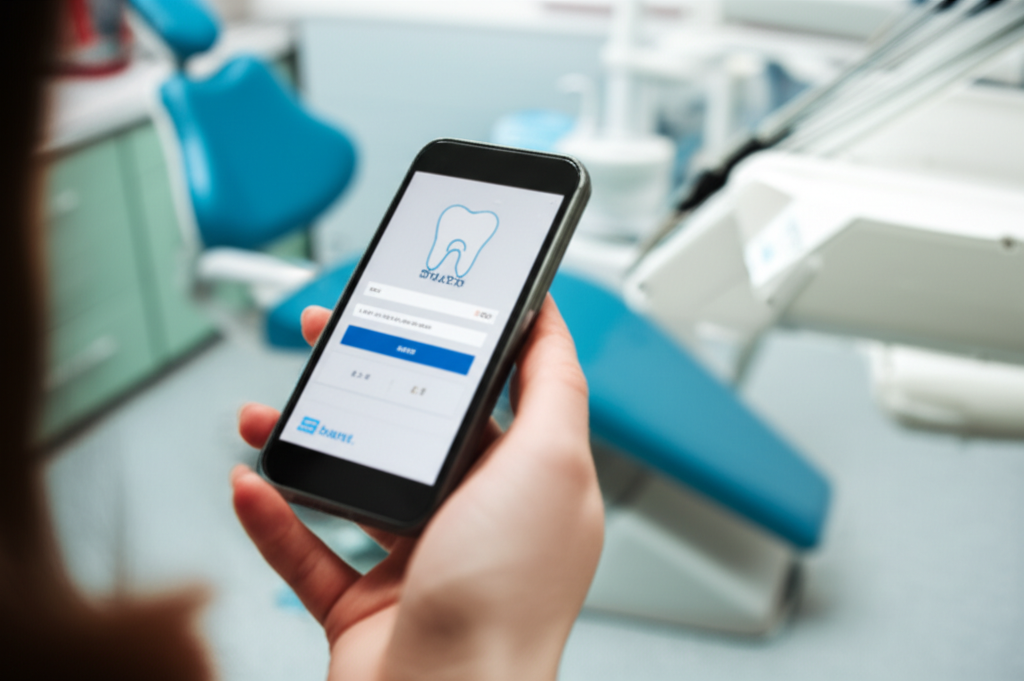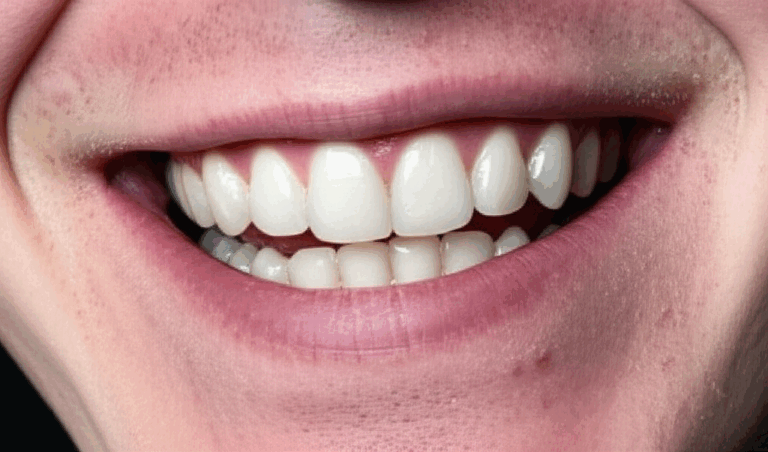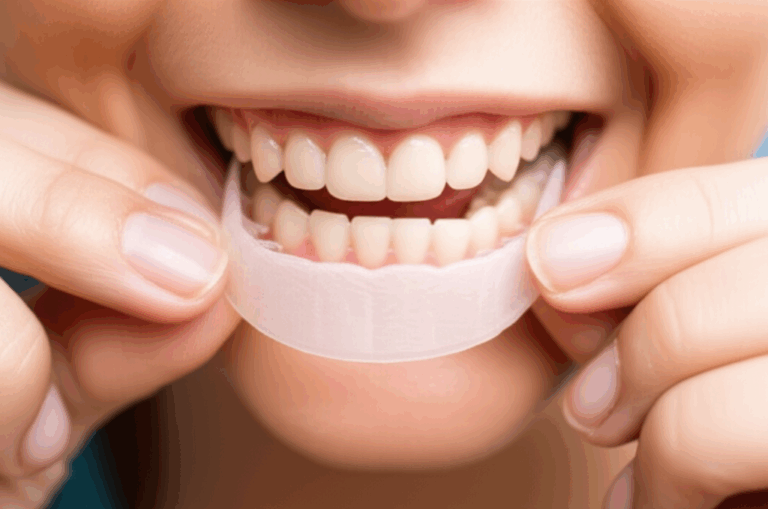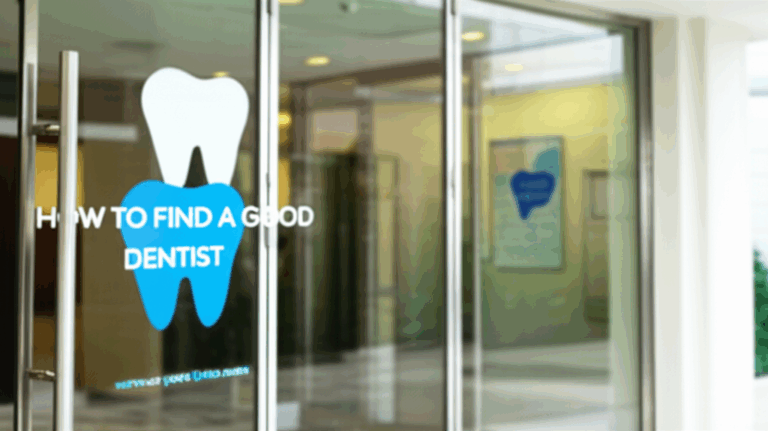
How to Book a Dentist Appointment in the UK: The Simple, Stress-Free Guide (NHS & Private)
That time when you know you need a dentist—maybe from a nagging toothache, being late with a check-up, or a chipped tooth—can feel stressful. If you’re in the UK, you may have heard about long waits, wondered if you need to sign up for NHS dental care, try a private dentist, or what to do in a dental emergency.
Take a deep breath. You aren’t the only one! Booking a dentist appointment in the UK, either for a normal check-up or something urgent, is now a common worry for lots of people. This guide shows you exactly how to get through the system, gives you some clever tips, and will help you feel more in control.
What We’ll Cover
- Understanding UK Dental Care: NHS vs. Private—What’s the Difference?
- How to Find and Book an NHS Dentist
- Step-by-Step: Booking a Private Dental Appointment
- Booking Emergency or Out-of-Hours Dental Care
- What to Expect Before and During Your Appointment
- Overcoming Common Dental Booking Challenges
- Your Action List: Staying Proactive About Your Dental Health
Understanding UK Dental Care: NHS vs. Private—What’s the Difference?
Let’s make the basics clear. In the UK, you mainly have two choices for seeing a dentist: NHS (National Health Service) and private dentists. Both offer good dental care, but they’re different when it comes to how much you pay, how quickly you get an appointment, and what treatments are included.
The NHS Route: Cheaper and Covers What You Need
NHS dentists give you the dental care that’s “needed for your health.” Costs are split into different Bands. Here’s a quick look:
- Band 1 (£25.80): Check-up, advice, x-rays, and a clean if you need it.
- Band 2 (£70.70): Everything in Band 1, plus fillings, tooth removal, and root canals.
- Band 3 (£306.80): Includes things like crowns, dentures, and bridges.
For children, NHS dental care is free! That’s great news for families.
But here’s the hard part: Finding an NHS dentist who is taking new adult patients can take a lot of time. Waiting lists are often months long in some areas. In 2023, about 90% of NHS practices weren’t taking new adult NHS patients.
Private Dentistry: Quicker and More Choices—But Expensive
Private dentists work outside of the NHS. You can usually get seen faster, have more time choices, and get a bigger list of treatments—including things like cosmetic dentistry and top-quality materials like zirconia crowns made by a zirconia lab. But you’ll pay full price.
A check-up at a private dentist often costs £50–£150. Bigger jobs (like implants or veneers) cost more. Still, if you need help quickly, private dentists are normally much faster.
Easy Comparison
Think of NHS dental care like public transport—it works and it’s cheap, but sometimes slow. Private dentistry is like getting a taxi: fast and just for you, but pricier.
How to Find and Book an NHS Dentist
If you want NHS care, you’ll need to stick at it—and know where to look.
Step-by-Step: Booking with the NHS
1. Use the NHS “Find a Dentist” Tool
Go to the NHS “Find a Dentist” page. Type in your postcode, pick how far you want to search, and check the list of nearby practices. Look for “accepting new NHS patients.”
- Tip: These lists aren’t always up to date. If none say they’re taking new patients, don’t give up. Some places have a waiting list or work on first-come, first-served.
2. Make a Phone Call
Old-school but it works! Ring nearby clinics and ask:
- Are you signing up new NHS patients?
- When is your next open appointment?
- Is there a waiting list? If yes, can I join it?
Be friendly and repeat calls if you have to. Receptionists are the people who can help!
3. Can’t Find One? Look Wider
- Try other towns: It might be easier in a nearby area.
- Contact NHS England teams: They sometimes know who is taking new patients.
- Try private just once: If you can’t wait because you’re in pain, you might just pay private once, then try again for NHS after.
4. Signing Up as a New Patient
You don’t need to “register” with an NHS dentist like with a doctor. Just book and go to your appointment—then they put you on their list.
Be ready with:
- Your address, birthday, and NHS number (if you know it)
- Your medical history (allergies, medicines)
- Any info from your last dentist
Tip: Write down your health details before your first visit to save time!
What Happens at Your First NHS Appointment
Your first visit is usually a check-up and a chat about your teeth. You might get x-rays and a plan for treatment.
Step-by-Step: Booking a Private Dental Appointment
Private dental care in the UK can be easier, especially if you need to get seen quickly or want special treatments (like cosmetic work or dental implants). Here’s what to do.
1. Search Online
Try Google Maps, WhatClinic, Dentist Finder UK, or the dental clinic’s website.
- Look for reviews from other people.
- Be sure the dentist team is listed with the General Dental Council (GDC).
2. Try Online Booking or Whatsapp
Lots of private practices let you book online—handy for getting a slot after hours. You can often see available times and prices.
3. Ask Friends or Family
People often know a good dentist. Don’t be scared to ask.
4. Think About What Matters Most
Here’s a quick checklist:
- Where is it? Does it fit your schedule?
- What treatments? This suits if you want something like Invisalign, whitening, or a bite guard (also called a night guard) made by a night guard dental lab.
- How does the dentist talk to you? Some people like friendly, others like serious and straight.
5. Get Ready for Your Visit
Most places will want your details and health history, maybe online or at the clinic. Have your GP info and list of medicines ready.
Booking Emergency or Out-of-Hours Dental Care
Tooth problems don’t always happen at a good time! If you get dental pain on a weekend or at night, here’s what you do.
Step 1: Call Your Dentist First
Most clinics have emergency slots. If they don’t answer, listen for their answer machine, which should tell you what to do next.
Step 2: Use NHS 111—If You Don’t Have a Dentist or It’s Late
If you don’t have a dentist or if the clinic is closed, call NHS 111. They’ll ask you about your problem and:
- Find you an urgent care dentist if you need it
- Tell you what to do until you see a dentist
Step 3: Try Private Emergency Clinics
Some private clinics see emergencies the same or next day, at extra cost. Even if it’s expensive, it might be worth it if you’re in lots of pain, have swelling, or had an accident.
Common Dental Emergencies
- Bad toothache that won’t go away
- Swelling in your jaw or gums
- A broken tooth that hurts or is sharp
- Tooth knocked out after an accident
If you’re not sure, ask for advice quickly. Don’t go to your GP or regular hospital with a tooth problem unless the infection affects your breathing or you feel very ill.
What to Expect Before and During Your Appointment
Knowing what happens can help you feel calmer and more ready.
Info You’ll Need
- Your contact info
- NHS number (nice to have, not a must)
- Your health history—remember any allergies
- What medicines you take
Bring any old x-rays or notes if you have them.
Paying for Your Appointment
NHS:
You pay when you start or finish your course of treatment. Prices are set, but can go up a little each year.
Private:
You usually get a price list or a written quote before you begin. Some clinics let you pay a bit each month to spread the cost.
Tip: If you’re getting something like a crown or bridge, ask which dental lab your dentist works with. Some use modern options like a digital dental lab for fast and accurate work.
How to Get Ready
- Arrive 10 minutes early for forms
- Brush your teeth, but skip perfumes or aftershaves
- Write down your questions or worries, no matter how small
Overcoming Common Dental Booking Problems
“I Can’t Find an NHS Dentist Taking New Patients!”
- Try other areas nearby.
- Call NHS England regional teams—they may know where there are spaces.
- Ask about waiting lists—some dentists call people if others cancel.
- If you need help fast: Book a private check-up for pain, then keep looking for an NHS dentist for the future.
“My Dentist Appointment Is Really Far Away”
- Ask if you can go on a cancellation list. People cancel often—you might get a sooner slot.
- Offer to come in at odd times (like late afternoon).
- Remember, private dentists usually have much less waiting.
If You Need to Cancel or Move Your Appointment
- Always call or change it online at least 24 hours before.
- Lots of no-shows or late cancels mean you could be charged (private) or lose your NHS slot.
Not Happy? How to Complain
- Talk to the manager of the clinic first—most problems are fixed quickly that way.
- For NHS care, you can ask NHS England or the Care Quality Commission (CQC) for help.
- You have the right to good care. Don’t be scared to speak up.
Your Action List: Staying on Top of Your Dental Health
Booking a dentist is just the first step. Keeping your mouth healthy means regular check-ups and knowing what to do if things go wrong.
The Quick Checklist for Booking
- Decide if NHS or private is best. NHS is cheap and covers basics; private is faster and gives more choices.
- Use the NHS Find a Dentist tool, or ring clinics yourself. Try close and farther clinics, and ask about waiting lists.
- If it’s urgent, ring your dentist or NHS 111. Private clinics help if you need it now.
- Get your health details and list your tooth problems before you go.
- If it’s tough to get seen, keep trying—your teeth matter!
Regular appointments mean less surprise pain, fewer big problems, and usually cheaper bills in the long run.
Common Questions (FAQs)
Do I need to “register” with a dentist like with a GP?
Not really. You stay on your NHS dentist’s list as long as you keep going. If you stop going for a year or two, you might need to sign up again.
What if I lose my NHS dentist?
You have to find another one, just like you did before. Use the steps above.
Can I use both NHS and private?
Yes—some clinics offer both. You can get the basic stuff on the NHS, then pay extra if you want more.
How often should I have a check-up?
Most people do well seeing a dentist every 6 to 12 months. Your dentist will tell you what’s best for you.
What’s the difference between NHS and private crowns?
NHS crowns work and fix the tooth; private ones can look better and use special materials, like those from an emax dental lab.
Why It’s Good to Keep Up with Your Dental Health
Dental care in the UK isn’t always easy. But waiting for small tooth problems to get worse ends up hurting more and costing more.
No matter if it’s a check-up, emergency, or you’re thinking about making your smile look better, don’t let worry stop you from calling the dentist.
Getting NHS or private care might just need some extra effort, but if you know the right steps and keep trying, you can keep your mouth and smile healthy for a long time.
Like this guide? Want to know more about how new tech is changing dentistry? See our info on digital dental labs and what they bring to treatment.
Go Forward with Confidence
- Start your search today.
- Ask questions.
- Try different clinics if you get stuck.
- Make your health come first—you deserve a pain-free smile.
If you’re reading this, you’re already taking a step toward better teeth. Keep it up—you can do it!
This guide was made to help everyone take control of their dental health. For personal advice just for you, talk to your dentist or go to the NHS dental services page for the latest updates.








